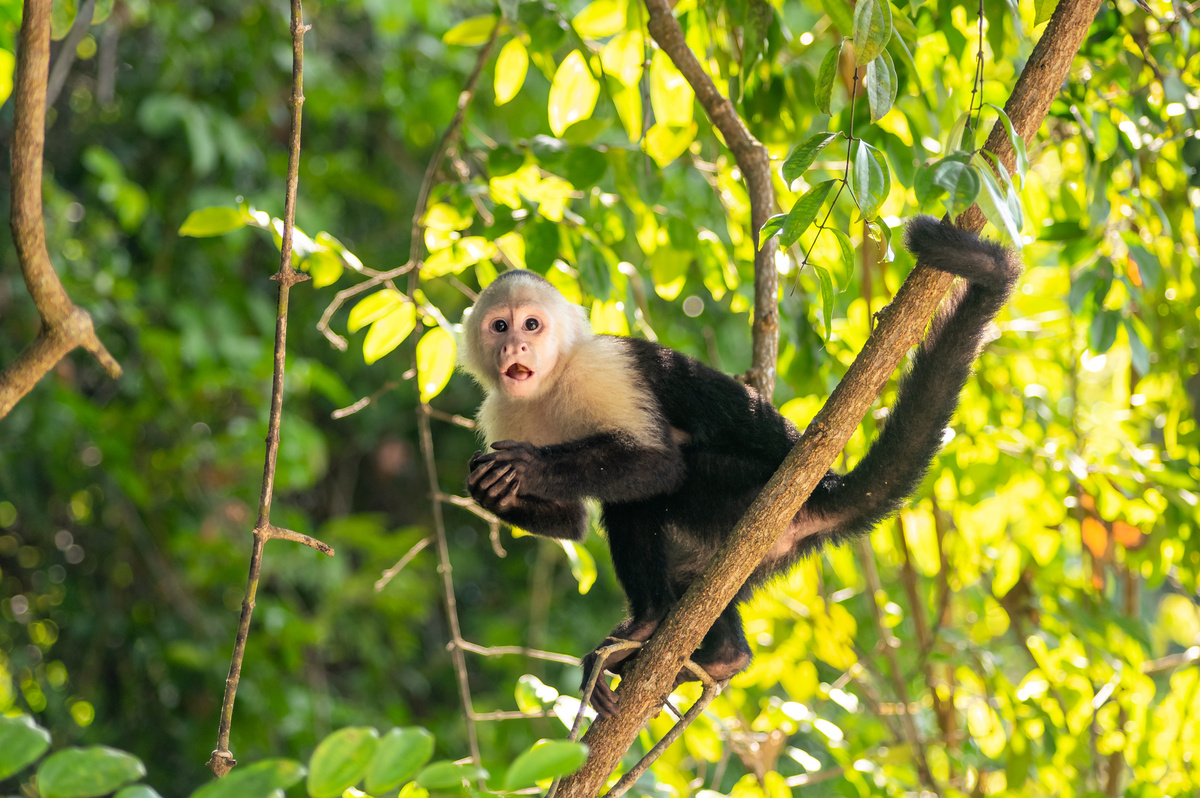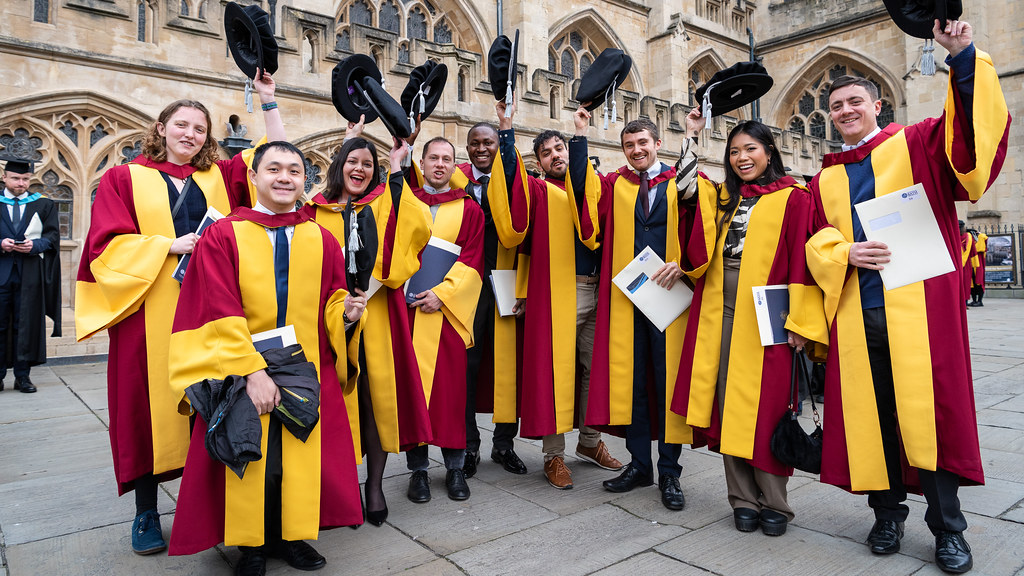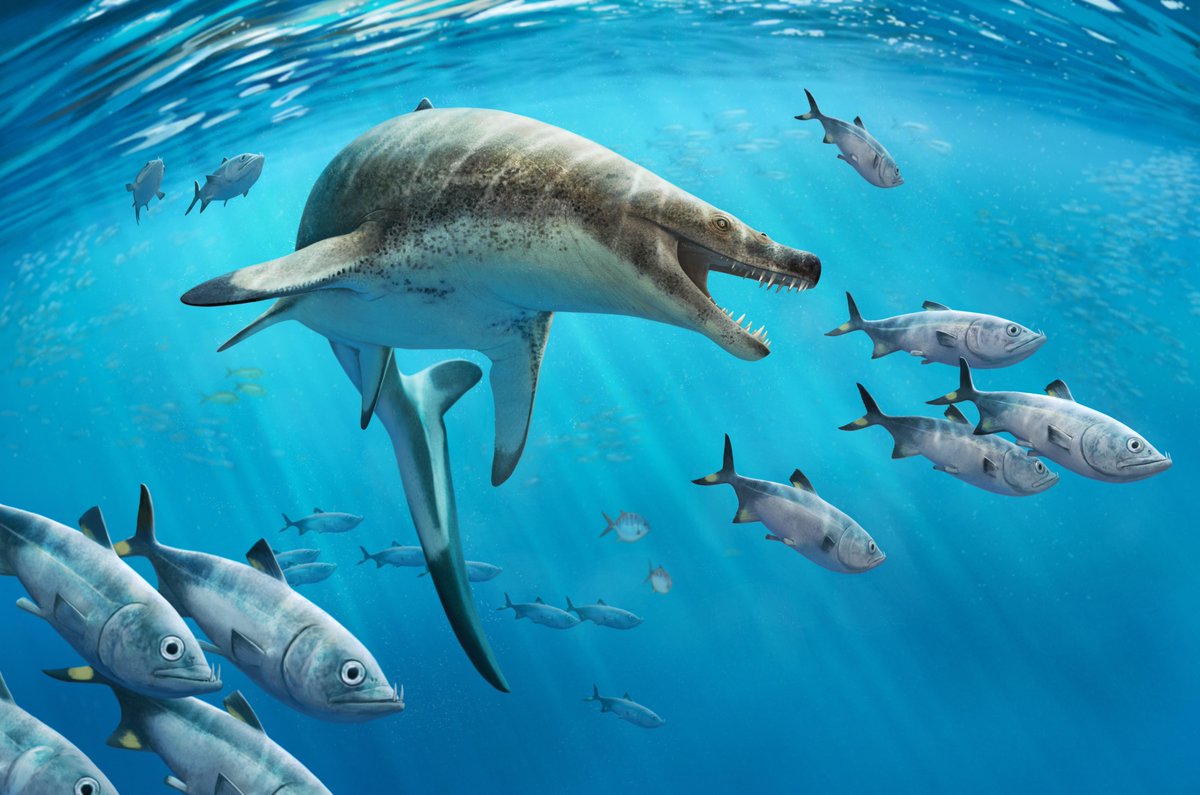
Science at Bath
@UniofBathSci
News and events from the Faculty of Science @UniofBath
ID:2308472569
http://www.bath.ac.uk/science/ 24-01-2014 14:41:41
3,5K Tweets
2,3K Followers
734 Following

Congratulations to our students who last week presented posters at the Lovelace Colloquium University of Liverpool: bit.ly/4ayJhMk
Now in its 17th year, the Lovelace Colloquium is a one day conference for female and non-binary computer science students.





📻Dr Nick Longrich from the Milner Centre for Evolution joined Jim Al-Khalili and The Life Scientific this weekend to discuss how 'uninteresting' fossils can lead to fascinating findings.
Catch up on BBC Radio 4: bbc.in/4azbsuN

🎯Very thrilled to announce an exciting workshop, *Advanced Statistical Designs to Empower Biomarker-driven Clinical Trials*, to take place in Bath on 29 April - 01 May 2024. Mathematics at Bath IMI AstraZeneca Science and Innovation at Cancer Research UK
zhengh-stats.co.uk/projects/ident…


Why are fossils of duckbill dinosaurs, a North American family, found in North Africa?
Professor Nick Longrich of @milnerCentre joins The Conversation to unpack the mystery: bit.ly/3IRPoiz




With plastic pollution among our most urgent environmental issues, creating easily degradable polymers is one of the hottest topics in materials chemistry.
Researchers Chemistry@Bath Uni have been working on a solution: bit.ly/45rN9eK





Have you ever wondered why black holes grow or how stars are made? 🔭🌌
Machine learning is helping researchers at Physics at Bath find the answers: bit.ly/3P9YnPD



Losing their tails gave our ape ancestors an evolutionary advantage – but we’re still paying the price: bit.ly/48uO7bv
Professor Laurence Hurst from The Milner Centre for Evolution joins The Conversation to explain how evolution isn't always a straightforward march of progress.



Researchers at Chemistry@Bath Uni have developed a forensic spray from jellyfish protein that can detect fingerprints in ten seconds: bit.ly/3wCcHtK
Unlike traditional fingerprint powders, the spray is safer, more environmentally friendly and doesn't interfere with DNA evidence.












